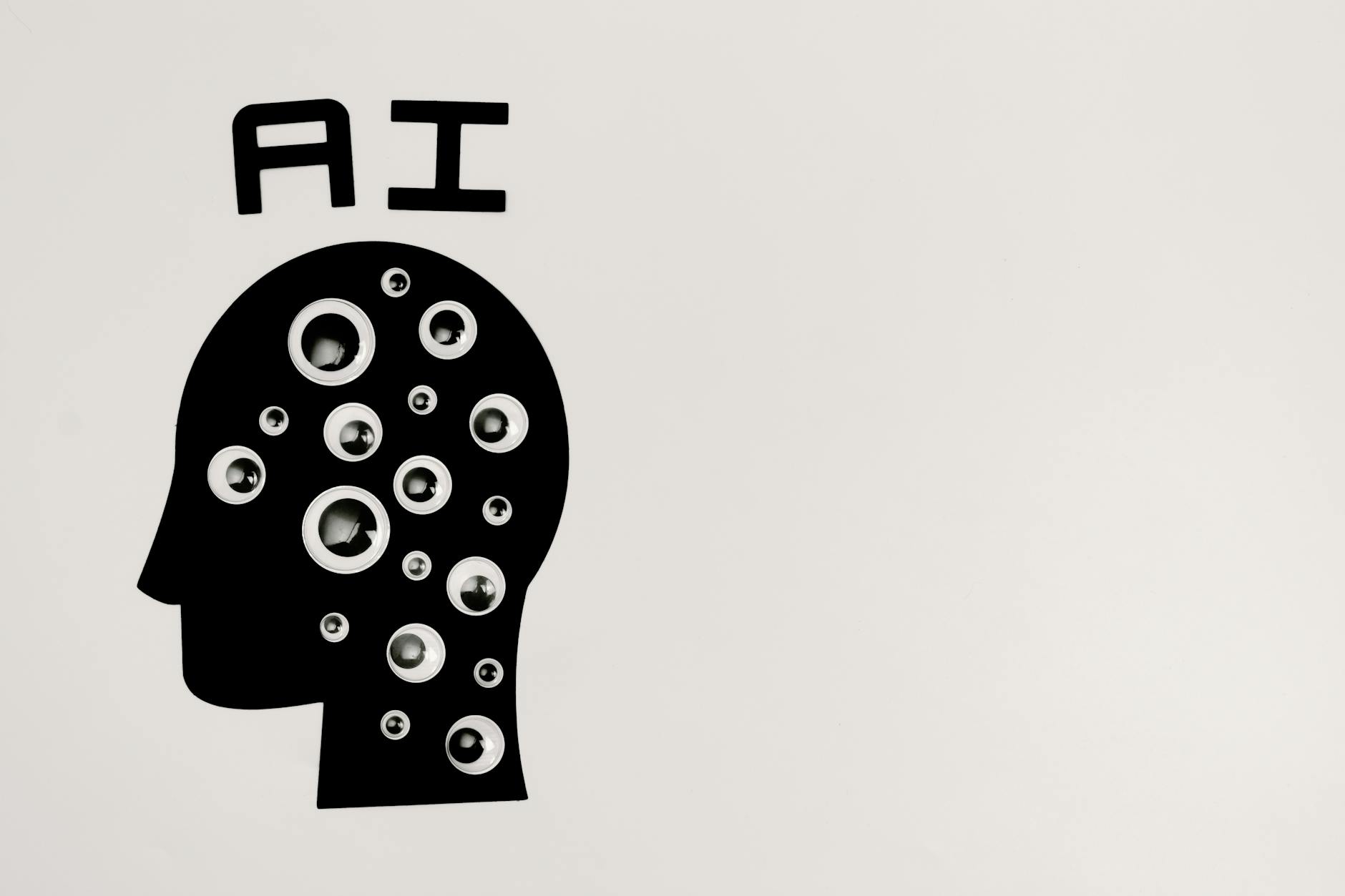Artificial Intelligence (AI) is revolutionizing modern marketing. AI technologies are enhancing marketing strategies across various fields, including customer analytics, personalized content, and chatbots. This article delves into detailed marketing techniques that leverage AI.

Customer Analytics and Targeting
AI analyzes vast amounts of data to understand customer behavior, preferences, and purchase patterns. This enables companies to deliver more accurate targeting and personalized marketing messages.
- Data Collection: Collect customer data through websites, social media, email campaigns, etc.
- Data Cleaning and Integration: Remove errors and duplicates from collected data, creating consistent customer profiles.
- Data Analysis: Conduct Exploratory Data Analysis (EDA) to identify key patterns and trends.
- Customer Targeting: Segment customers based on analyzed data and develop marketing strategies tailored to each group.
- Marketing Campaign Execution: Implement marketing campaigns targeting segmented customer groups and deliver messages through various channels.
- Performance Monitoring and Feedback: Measure campaign performance and continuously improve to maximize effectiveness.
Personalized Content
AI generates tailored content based on customer behavior data. Using recommendation engines, it can suggest products or services that align with customer interests.
- Data Collection: Gather data on customer behavior, purchase history, website activity, etc.
- Data Cleaning and Analysis: Remove errors from collected data and analyze customer behavior patterns.
- Personalized Content Strategy Development: Group customers based on analysis and create content tailored to each group.
- AI-Driven Content Creation: Use Natural Language Generation (NLG) tools and AI-powered image generation tools to create personalized content.
- Content Personalization and Optimization: Craft personalized messages and test various content to optimize them.
- Content Distribution: Distribute content through various channels like email, social media, etc.
- Performance Monitoring and Feedback: Measure content effectiveness and continuously improve.
Chatbots and Virtual Assistants
AI-powered chatbots greatly assist in customer service and query handling. Chatbots provide fast and accurate responses, allowing companies to automate customer service and reduce costs.
- Define Purpose: Clearly define the purpose of the chatbot, such as customer service, product information, reservation management, etc.
- Data Collection and Cleaning: Collect and clean data from customer service records, email inquiries, etc.
- Develop NLU Model: Select and train a Natural Language Understanding (NLU) model using diverse data.
- Design Chatbot: Design the chatbot considering conversation flow and user experience (UX).
- Develop Chatbot: Develop the chatbot using the selected framework and integrate APIs for external services.
- Test and Debug: Test the chatbot with various scenarios and resolve any identified issues.
- Deploy Chatbot: Deploy the chatbot on various platforms such as websites, mobile apps, etc.
- Performance Monitoring and Maintenance: Collect user feedback and continuously improve the chatbot’s performance.
Social Media Analysis
AI analyzes social media data to understand customer feedback, sentiment analysis, and trends. This allows companies to enhance their social media strategies and boost customer engagement.
- Data Collection: Collect data from social media platforms like Facebook, Twitter, Instagram, etc.
- Data Cleaning and Preprocessing: Clean the data by removing duplicates, noise, and spam.
- Natural Language Processing (NLP) and Text Analysis: Use sentiment analysis, topic modeling, etc., to identify key themes and trends.
- Social Network Analysis (SNA): Analyze interaction patterns and network structures to identify influential figures.
- Data Visualization and Insight Extraction: Visualize analysis results using graphs, charts, etc., and extract insights.
- Optimize Marketing Strategy: Optimize marketing campaigns and develop crisis management strategies based on analysis results.
Predictive Analytics
AI predicts future trends and demand based on past data. This helps companies optimize marketing campaigns, improve inventory management, and refine production planning.
- Features: AI-based predictive analytics identifies complex relationships and finds patterns in large data sets.
- Advantages: It can automatically improve models and is capable of handling unstructured data effectively.
- Disadvantages: The model’s interpretation can be challenging, and it requires significant computational resources.
Conclusion
Marketing strategies that leverage AI play a significant role in maximizing a company’s efficiency and enhancing communication with customers. By effectively utilizing various techniques such as data analytics, personalized content, chatbots, social media analysis, and predictive analytics, marketing performance can be maximized. Implement AI marketing now to stay ahead in the competition!
